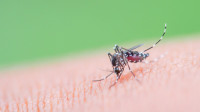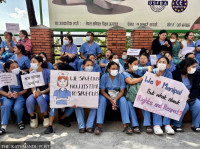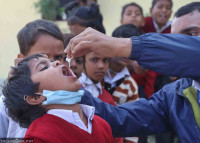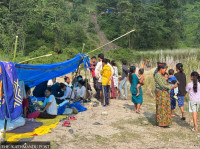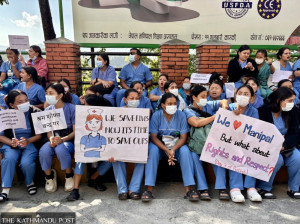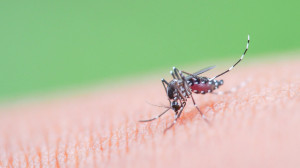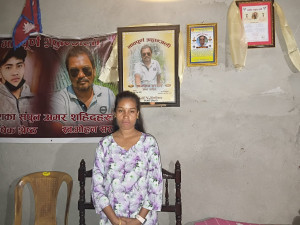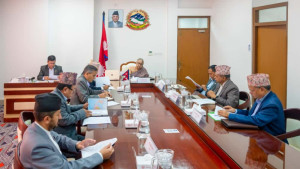Health
Crucial health programmes on hold as health ministry remains headless
Officials unable to study nutrition status of thousands displaced by floods and landslides. New health programmes on hold as the budget may be revised.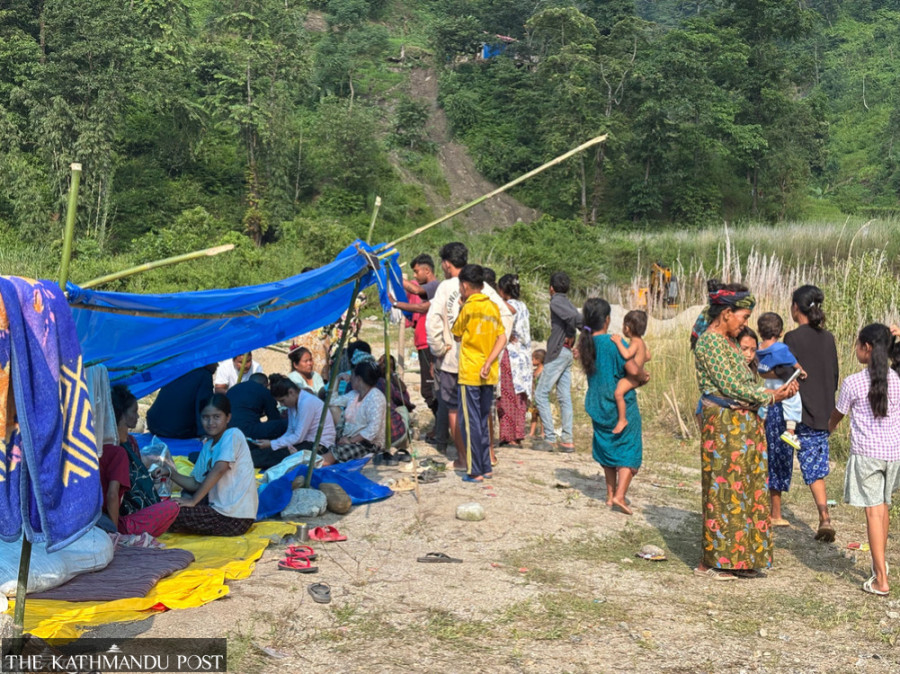
Arjun Poudel
The Ministry of Health and Population has not been able to decide on a plan to study the nutrition status of thousands of people displaced by recent landslides and floods across the country, due to the changed political scenario and the absence of a dedicated health minister.
Amid growing risk of deteriorating nutrition status, especially among small children, pregnant women, and new mothers in the aftermath of the disaster, stepping up surveillance measures is the basic duty of health authorities.
However, due to confusion created owing to political change last month, the new government’s decision to withhold spending, fear of retribution from the new administration, and delays in appointing a new health minister, officials have decided to wait and see.
Prime Minister Sushila Karki, who was appointed head of the government on September 12, has yet to give full shape to her Cabinet, which currently has eight members.
“Except for launching an anti-cholera vaccination drive in Parsa and Bara district, we have been told not to start any new programmes,” said Lila Bikram Thapa, chief of Nutrition Section at the Family Welfare Division under the Department of Health Services. “The risk of a surge in severe acute malnutrition is high among the displaced population, especially children, pregnant women and new mothers, but we have been asked to wait and see for now.”
Over 3,500 people have been displaced by recent floods in Koshi province and in other parts of the country. Those people have been taking refuse in makeshift shelters.
Along with a halt in surveillance measures for the displaced population, several programmes of public health of every department under the Health Ministry have been suspended indefinitely, multiple officials the Post talked to said.
Malnutrition is considered a silent health crisis in Nepal. The country has made significant progress in reducing stunting among children under five, which decreased from 57 percent in 2001 to 25 percent in 2022, according to the Nepal Demographic and Health Survey-2022.
The report showed some improvement in the country’s overall nutrition status, but progress is not the same in all provinces.
More than 16 percent of the children under five years in Lumbini Province are found to be suffering from wasting—the most immediate, visible, and life-threatening form of malnutrition.
Wasting, a debilitating disease that causes muscle and fat tissues to waste away among children under five, decreased from 11 percent in 2001 to eight percent in 2022.
Wasting or low weight for one’s height in children, if not treated properly and on time, is associated with a higher mortality risk, according to the World Health Organisation.
What concerns health officials much is that displaced people generally do not receive adequate nutritious foods or timely access to health care services, which increases the risk of rising severely acute malnutrition cases. Several agencies and organisations distribute relief materials to displaced people, including junk foods like noodles and biscuits, which could contribute to the increase in malnutrition cases, they say.
“Launching awareness drives about risks, ensuring safe drinking water, distributing nutritious food, ensuring timely care, and protecting them from water- and vector-borne diseases are basic things health agencies are supposed to do,” said Thapa. “But we are in no position to make a decision regarding all those matters.”
Improving the overall nutrition status of the population is also part of the country's commitment to achieving the Sustainable Development Goals (SDGs).
SDGs, a follow-up to the Millennium Development Goals (MDGs), aim to end poverty and hunger and all forms of inequality in the world by 2030.
Several other health programmes related to child and maternal health, vector-borne diseases, non-communicable diseases, data collection, and research have been affected by the confusion created by the ongoing political turmoil.
The current paralysis at the health ministry follows last month’s sudden political upheaval, when an anti-corruption movement ousted the KP Oli government and a non-political interim administration was installed with a mandate to hold new elections in March next year.
“We have been told that the budget brought by the erstwhile government could be revised and asked not to spend on anything,” an official at the Department of Health Services told the Post, asking not to be named, as she is not authorised to speak to the media. “We are working on a breakdown of only those programmes that have secured funding from UN agencies.”




 16.12°C Kathmandu
16.12°C Kathmandu

